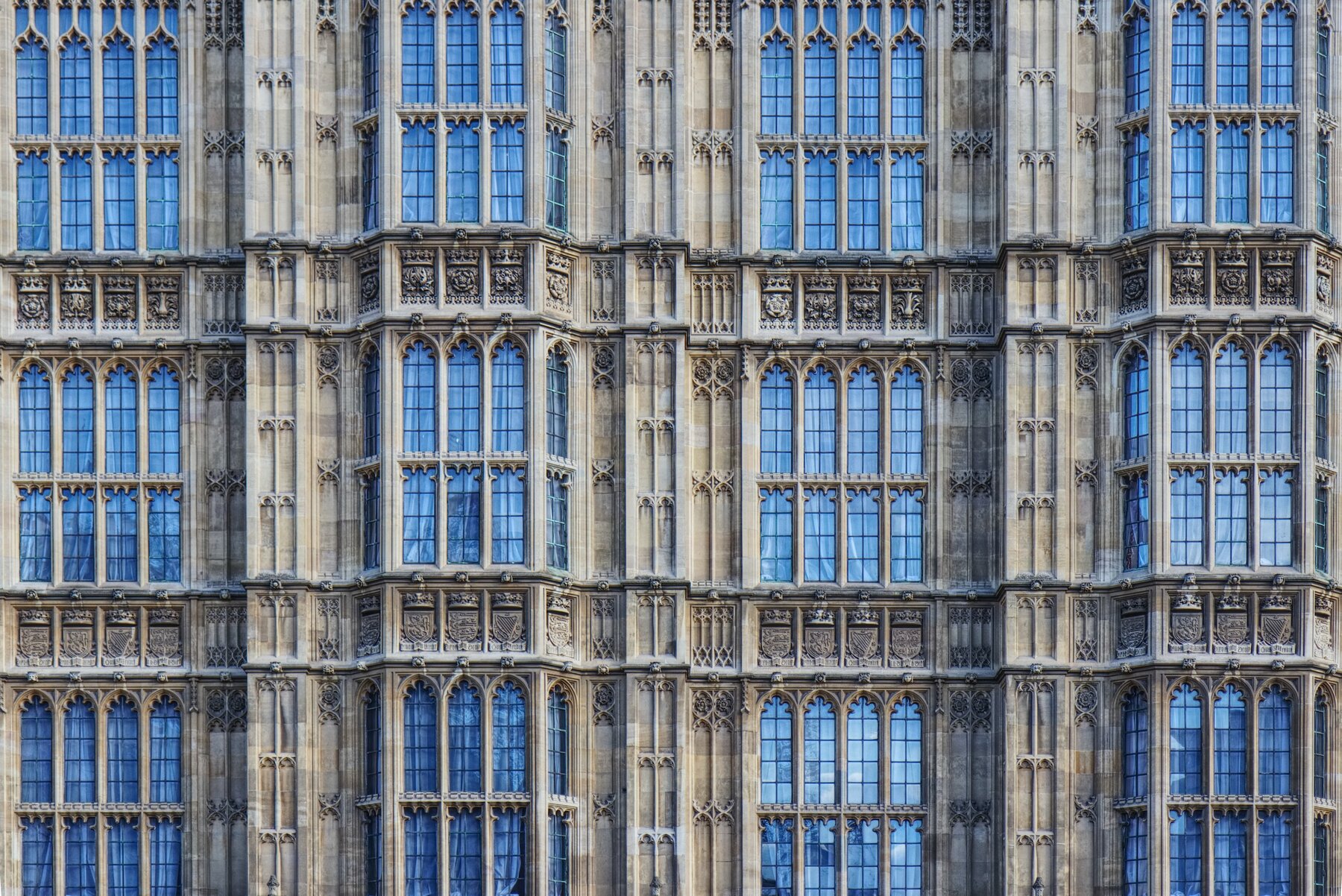Policy and advocacy
Shaping national policy to create the enabling conditions for designers to Design for Planet.
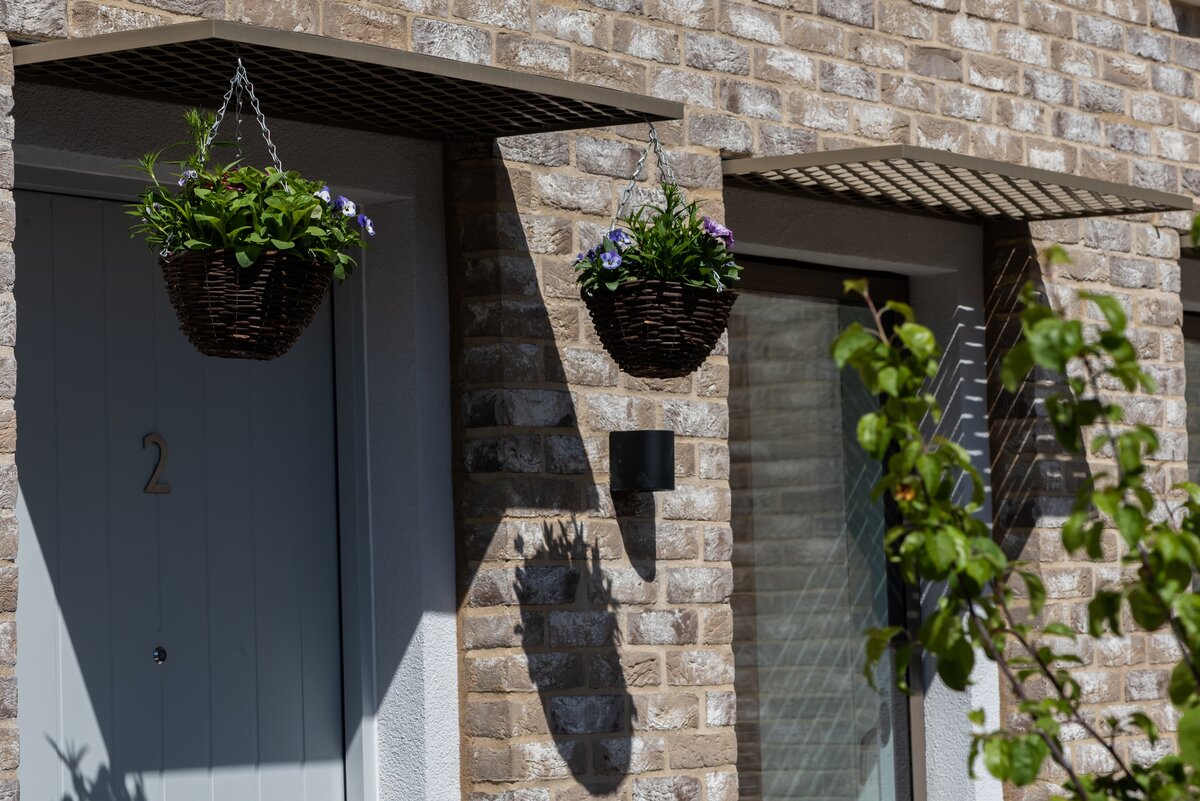
Design is a transformative asset to the nation.
We’re working to make it easier for designers to design for planet.
Since 1944 we have worked with government as the dedicated champion of designers and design industry. From shaping the debate around our modern economy, to charting a design-led course to net zero, or advising on generations of planning policy, our work has made a difference.
Design will be the fuel of the innovation which enables us to live well within our planetary boundaries: from retrofitting buildings to developing infrastructure for electric transport, improving products’ energy efficiency, and driving the circular economy.
Policy in practice.

Growth by design.
Design contributes 4.9% of UK GVA and is growing at twice the rate of the economy.
It turns innovative ideas into commercially successful products, maximising the return on public innovation investments. Designers make up a quarter of the high-growth Creative Industries workforce, but are also powering prosperity in all industries from transport to retail.
To kickstart economic growth we are calling on the new government to:
- Harness design as a transformative asset to the nation in the new industrial strategy.
- Back a 2025 Year of Design and World Design Congress to kickstart a decade of national renewal.
- Create pro-innovation green regulation to shape a market for a regenerative design economy.
- Invest in a network of regional Net Zero Design Innovation Clusters and embed design capabilities in the nationwide R&D.

Jobs by design.
The government have committed to creating 650,000 new green jobs needed to make Britain a clean energy superpower.
Design can fill skills shortages in the green economy and power our industries of the future. One in twenty people in the UK work in design – from ‘frontline’ industrial designers creating next-gen EVs to ‘hearts and minds’ service designers making switching to renewables accessible for families. But while 71% of designers see growing demand for green design, only 43% feel equipped to meet that demand.
To create 73,000 new jobs in green design we are calling on government to:
- Upskill 1 million designers for the green transition by 2030 with a transformative intervention package.
- Implement the recommendations of our Blueprint for Renewal to address the 67% decline in Design and Technology GCSE by prioritising design in the curriculum review and recruiting 2,0001 new teachers.
- Partner with industry to deliver high-impact workplace upskilling, from Skills Bootcamps to government-backed CPD.
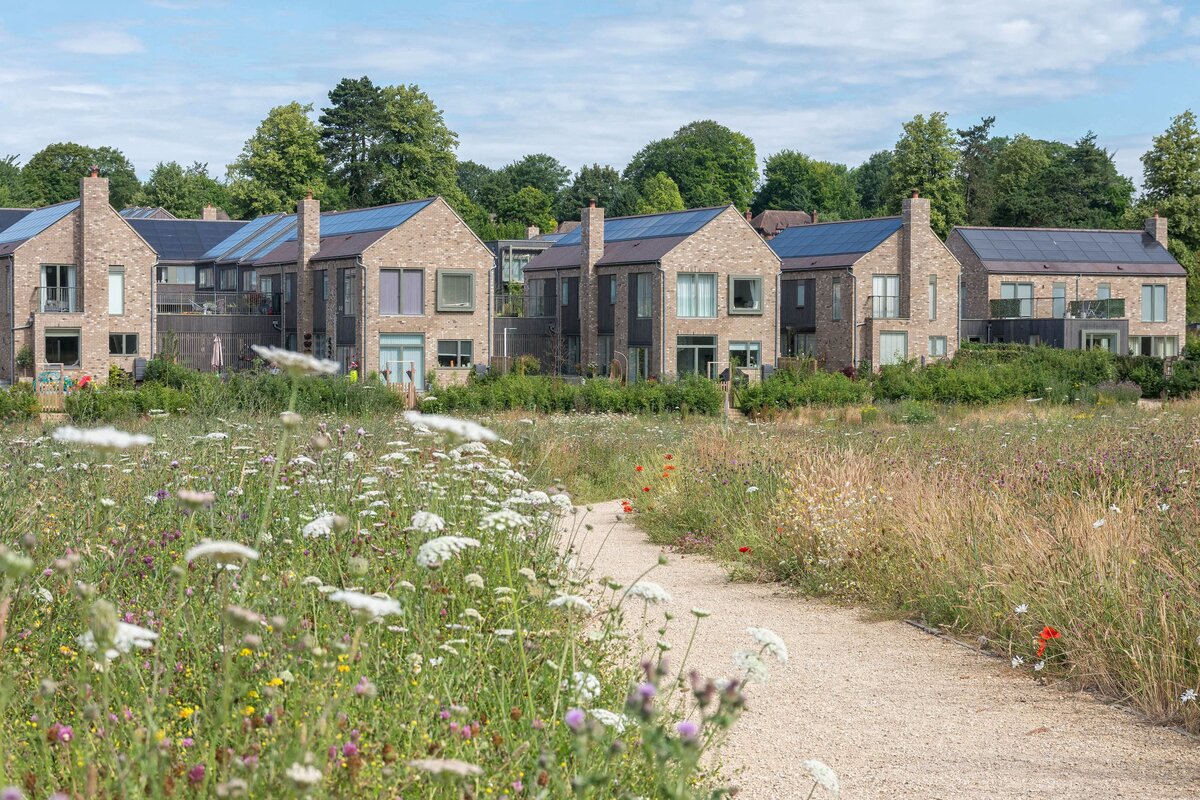
Homes by design.
Creating 1.5m homes in within our legally binding climate commitments is a huge challenge.
Design will be at the heart of creating more high-quality, well-designed, and sustainable homes and creating places that boost climate resilience and nature recovery. But by working in partnership with design industry, government can evolve the development and refurbishment industry to achieve real sustainable development.
We have formed the Design Council Homes Taskforce to work with government to:
- Give design leaders clear and tangible role in addressing the challenge of creating 1.5million homes within our legally binding carbon budget.
- Prioritise reuse and retrofit of existing buildings as a housing solution, and place legal limits on embodied carbon in new buildings.
- Ensure proactive use of Design Codes, Local Development Orders and strategic planning. And upgrade quality commitments by appointing a Design Champion to key housing policy Commissions and Reviews.
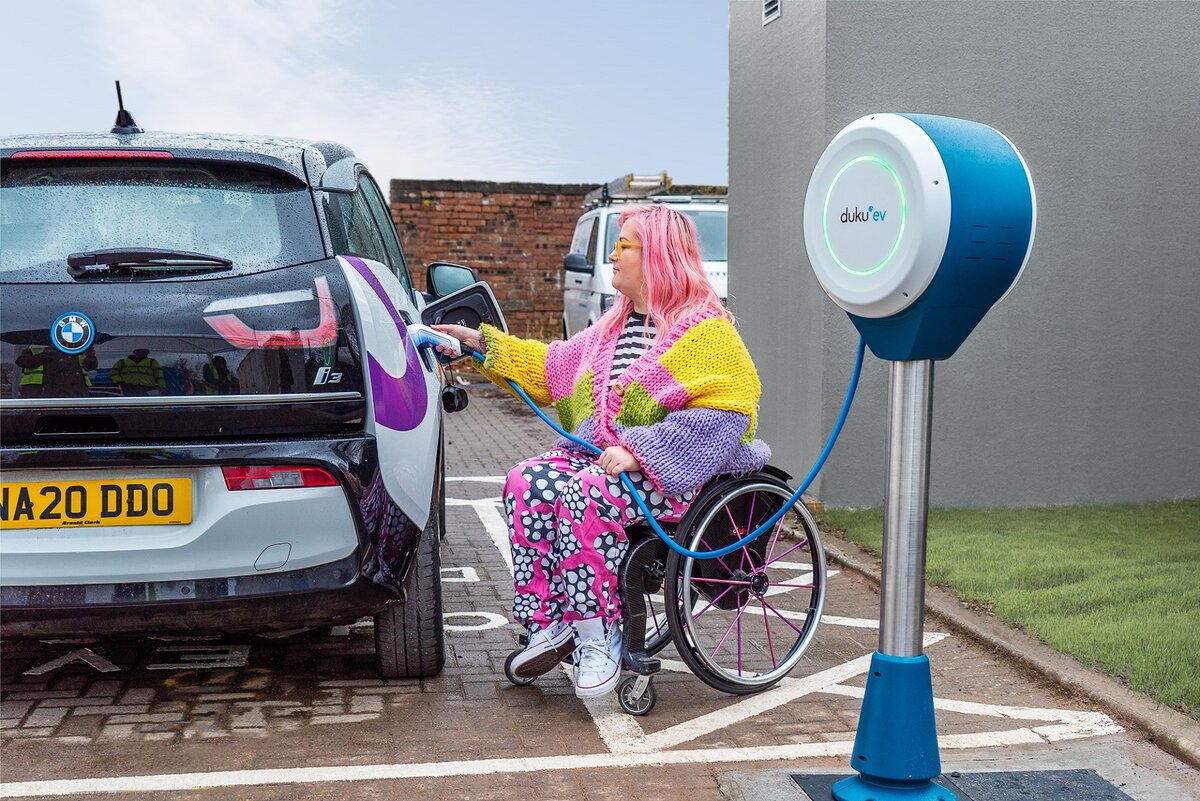
Net zero by design.
The next stage of the UK’s green transition will require systemic change to how we do things. With 80% of a product’s environmental impact determined at the design stage, we need to redesign everything and no single organisation, business or sector can do it alone. Human-centric design can ease the transition, making sustainable choices inclusive and attractive for all, whilst helping companies redesign products, decarbonise production, and create thriving circular economy business models.
Our new project, Designing for Net Zero Living—developed in partnership with Innovate UK—showcases how user-focused design can empower businesses and individuals to drive the UK’s transition to net zero.
To maximise the contribution of design to the green transition, government must:
- Create a strategic the role for design within the UK’s net zero and industrial strategies, prioritising design for decarbonisation and waste prevention within DESNZ and DEFRA.
- Tilt the regulatory playing field so green design isn’t undercut by climate laggards, ensuring consumer protection.
- Strengthen the civil service design profession and appoint Chief Design Officers to key government departments to equip the nation for complex, mission-driven work.
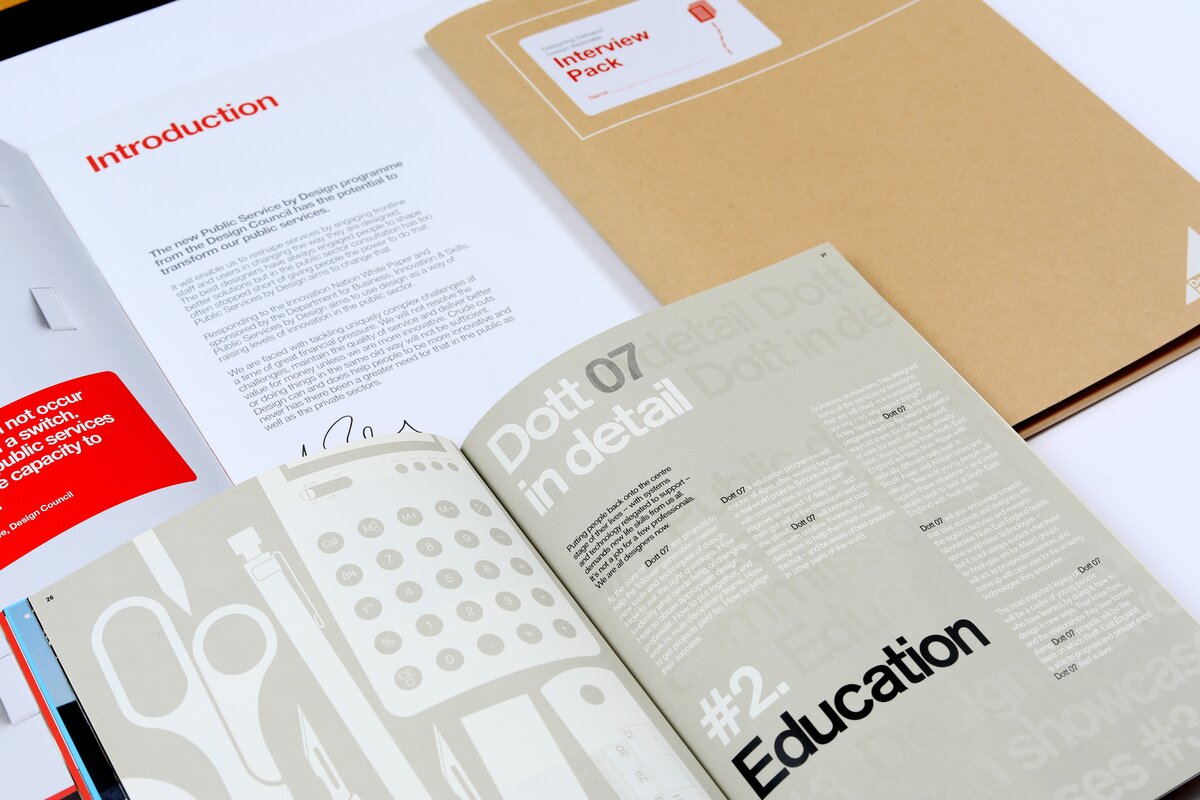
Explore our papers.
The Design Council has been informing national policy for almost 80 years, working closely with policymakers to improve the use of design within local and national government.
For example, we’ve supported local authorities and neighbourhood planning groups to develop design codes, as part of the Design Code Pathfinder Programme; worked with the Greater London Authority to spearhead the capital’s COVID-19 recovery; and helped local authority leaders to place residents at the heart of the decisions they make and public services they design. Our design tools and resources are publicly accessible and free to use.

